!["The fact of Artsakh not being part of Azerbaijan is of greater importance than concerns about food." [Blockade from the inside]](https://cdn.infocom.am/enlarge?file=2023-08-04-3e113b85-6b81-4589-b241-11323a00de2b.jpg&type=jpeg&width=900&height=506)
"The fact of Artsakh not being part of Azerbaijan is of greater importance than concerns about food." [Blockade from the inside]
"The situation in Artsakh is deteriorating not just day by day, but hour by hour," says Zhanna Arzumanyan from Stepanakert. For someone who was born, raised, and currently resides in the capital of Artsakh, the thought of leaving their homeland is unimaginable. Even in the face of escalating hunger, medication shortages, and a challenging blockade, she prioritizes the fundamental right of the people of Artsakh to self-determination. "Either we defend ourselves or we'll be displaced, and it seems that self-determination does not happen without deprivation," she says.
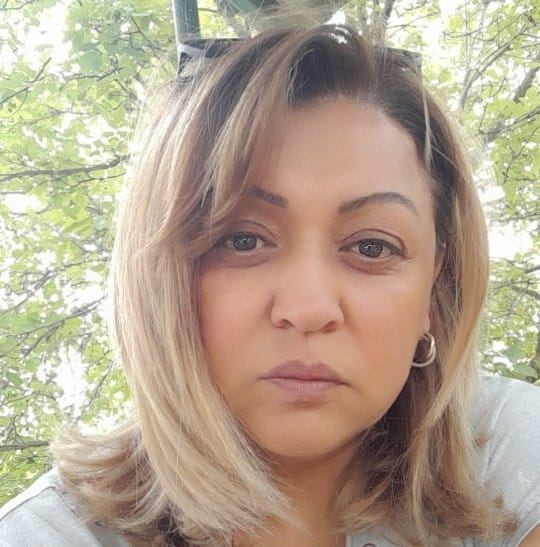
Zhanna Arzumanyan
Arzumanyan notes that the cases of fainting are increasing, as well as among children and diabetics. Getting to medical centres became nearly impossible given the lack of fuel, and even if one manages to reach there, the medicines are often depleted.
"Within two days, there might be nothing left in Artsakh at all. The only road connecting Artsakh to Armenia was completely closed in June, and during this time people used what they had stored, which is noraml," Zhanna says, worried that children are already showing signs of vitamin deficiency, and the impact of inadequate nutrition is becoming evident.
"In these conditions, children's rights are violated, they are not having a normal childhood," Arzumanyan says, noting that her 13-year-old grandson sold his bicycle to buy coffee and cigarettes for the soldiers, although they've already run out of coffee. The boy bought a pack of cigarettes from one place and a block from another, and is waiting to send them. "Instead of enjoying childhood, children grow up prematurely..."
Like everyone else in Artsakh, she receives bread with a coupon. Early in the morning, before the sun comes up, she has to go and wait for her turn to get at least a piece of bread.
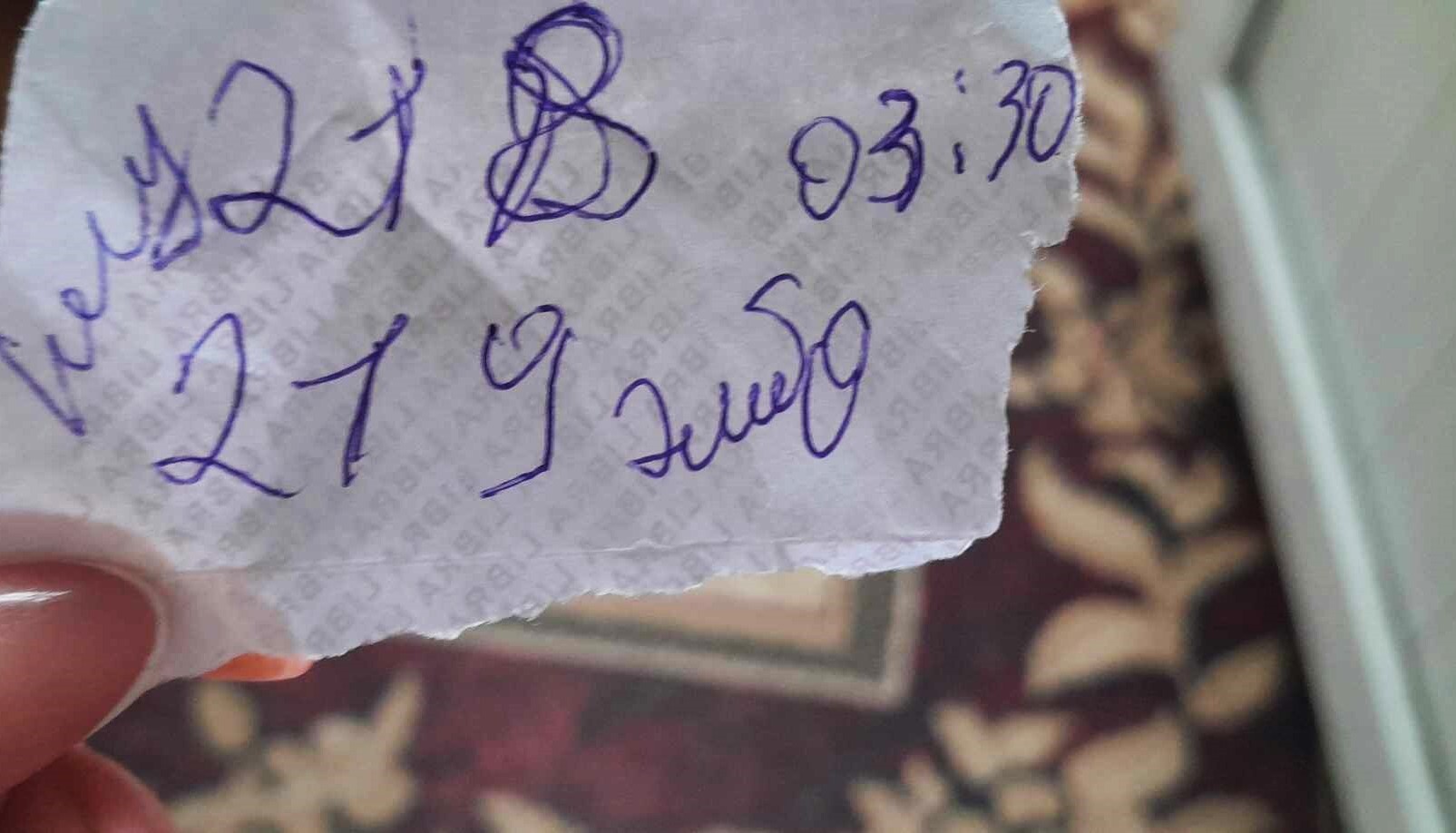
Zhanna's worried that Armenians lack unity now.
"All of us must come together for one idea, hold hands and get out of this situation. I'm talking about unity among the entire Armenian nation, not only in Artsakh. We have to put all stereotypes aside, all political viewpoints and get down to serious business, because we don't reach anything by calling or writing posts and letters. Maybe we will get there tomorrow, but we need more serious steps today."
Zhanna Arzumanyan, a member of the Artsakh Chamber of Advocates, knows that the difficult path they have gone through gives them strength.
"Several wars, so many young lost lives, so many feelings... How to leave Artsakh? How much blood has been put on this land so that Artsakh remains Armenian... Artsakh should not be part of Azerbaijan, and it's more important than thinking about food."
Since December 12, 2022, Azerbaijan has closed the only road connecting Artsakh to Armenia, the Lachin Corridor. On April 23, 2023, the Azerbaijani side closed the Hakari bridge on the Artsakh-Armenia border, which was in the area of responsibility of the Russian peacekeeping troops in the Lachin corridor, thus deepening the humanitarian crisis. An Azerbaijani checkpoint was installed on the Hakari bridge. Since June 15 of this year, Azerbaijan has banned all humanitarian transportation through the Lachin Corridor. After that, the ICRC was only able to transport patients to Armenia a few times.
On July 29, Azerbaijan kidnapped a 68-year-old citizen from the ICRC-mediated patient who was transferred to Armenia from the checkpoint near the Hakari bridge and took him to an unknown place. On August 1, Azerbaijani servicemen kidnapped another citizen who tried to go to Armenia on foot from the village of Hin Shen in Artsakh, his whereabouts are also unknown.
Artsakh has almost completely run out of essential products and medicine. Coupons intended for buying food months ago are now useless because the stores are empty. People go out only to get bread. Artsakh has run out of fuel, public transport does not work at all, and private cars rarely move. The gas supply is regularly interrupted, and electricity is cut off. In Artsakh, 120 thousand people, including 30 thousand children, are under total blockade.
The photos are from Zhanna Arzumanyna's archive
Hayarpi Baghdasaryan
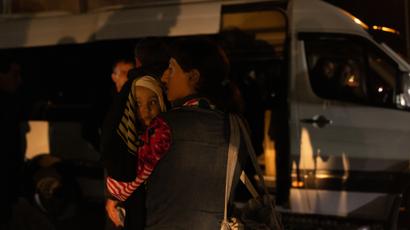
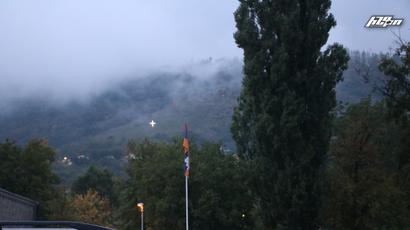
!["I don't want my children to starve, to be subjected to genocide, I want to live in Artsakh, to build our Homeland" [Blockade from the inside]](https://cdn.infocom.am/enlarge?file=2023-08-10-4865f192-ab13-4e84-beab-6232fbca7831.jpg&type=jpeg&width=410&height=230)
!["It's truly unbearable to be captive on your own land; everyone wants to live, yet the possibility of life is uncertain" [Blockade From The Inside]](https://cdn.infocom.am/enlarge?file=2023-08-07-4da13b91-9ae8-4497-a322-a6173bea598d.jpg&type=jpeg&width=410&height=230)
![A mother of five from Artsakh prepares sweets using the last remaining ingredients at home and shares them with neighboring children. [Blockade from the inside]](https://cdn.infocom.am/enlarge?file=2023-08-07-a38344bf-93f4-46f3-be0d-27ad2e27cf27.jpg&type=jpeg&width=410&height=230)
!["When we are in our own country, we endure whatever comes our way; the crucial thing is that we live here as Armenians, bread and hunger, though difficult, are not the primary focus." [Blockade from the Inside]](https://cdn.infocom.am/enlarge?file=2023-08-05-465609c7-c0fd-42d2-9db7-2a568a7428a5.jpg&type=jpeg&width=410&height=230)
!["I will sleep hungry, I won't even eat sweets, but in exchange, I expect to live in my motherland, Artsakh" [Blockade from the inside]](https://cdn.infocom.am/enlarge?file=2023-08-05-ab9a84b3-3f5e-4bcd-b049-5e8660312ed8.jpg&type=jpeg&width=410&height=230)
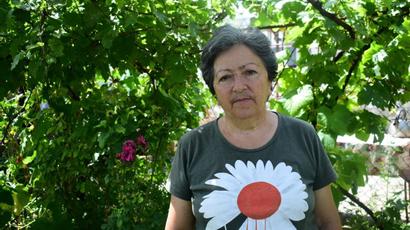
comment.count (0)